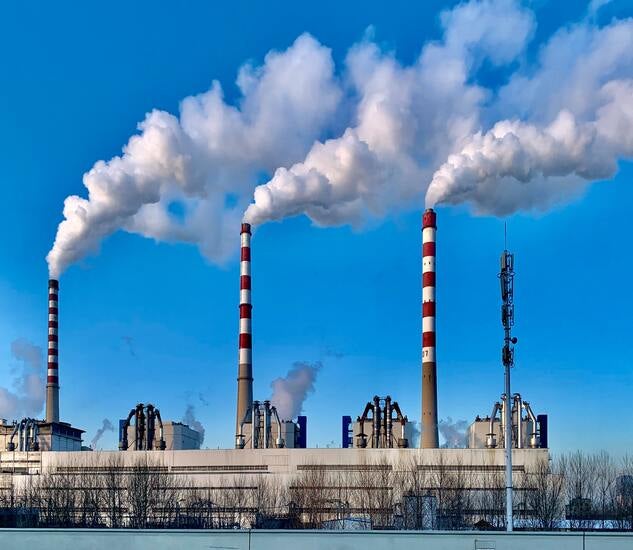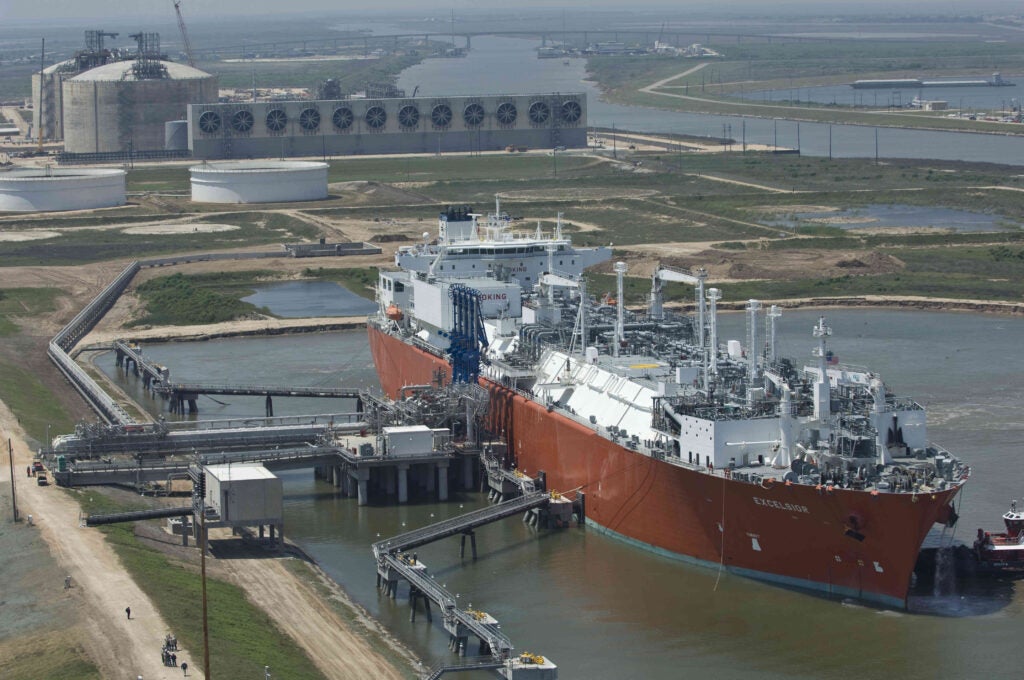
Oil and gas companies will deplete their 1.5°C carbon budget by 2037, states an analysis by the World Benchmarking Alliance (WBA). The non-profit also graded individual companies on their transition efforts, showing a lack of movement by national oil companies.
The WBA created the study with non-profit environmental disclosure advocates CDP and the French Agency for Ecological Transition, ADEME. Authors assessed companies’ direction of travel against the “best-case scenario” of 1.5°C of global temperature increase. For this, the study used the IEA’s Net Zero Emissions by 2050 scenario to determine a proportionate “carbon budget” that would not push temperature rises above 1.5°C.
The study assessed 100 oil and gas companies. With current rates of production, the study states that the oil and gas sector will exceed its 2050 carbon budget by 2037. The paper’s authors emphasise that to prevent this, all 100 companies must stop exploration.
European heavyweights such as Eni, BP, Total, Equinor, and Shell occupy several of the top ten slots. However, Finnish sustainable fuels and materials company Neste took the top spot. Second place went to French utility Engie, which has set emissions goals and aims to add up to 4GW of renewables annually. Repsol and Galp Energia rounded out the top ten, making all of the best-performing companies European.
The worst performers of the 100 assessed companies have a greater geographic spread. National oil companies occupy several of the least prestigious spots, starting with Petroecuador in the 91st slot. Abu Dhabi National Oil Company (ADNOC) occupies the 96th slot, followed by Libya’s national oil company. Basra Oil Company comes in second-to-last, while the worst performer was independent US refiners PBF Energy.
How well do you really know your competitors?
Access the most comprehensive Company Profiles on the market, powered by GlobalData. Save hours of research. Gain competitive edge.

Thank you!
Your download email will arrive shortly
Not ready to buy yet? Download a free sample
We are confident about the unique quality of our Company Profiles. However, we want you to make the most beneficial decision for your business, so we offer a free sample that you can download by submitting the below form
By GlobalDataBetween them, state-owned companies will use up more than half of the remaining carbon budget, with the “Big Seven” using 13%. Independent companies will jointly use up 12% of the study’s carbon budget.
Report authors said that the lack of emissions disclosures obscured information on the most polluting companies. Only one in three companies provided adequate information on their Scope 3 emissions.
Beside this, the authors also noted that ExxonMobil’s Scope 3 2019 emissions were greater than those of Canada, and that Saudi Aramco’s total 2019 emissions were larger than those of Germany, France, Spain, and Italy combined.
CDP executive director Nicolette Bartlett said: “The progress of the oil and gas industry worldwide is woefully inadequate if we’re going to limit global warming to 1.5°C by 2050.
“If we want to meet the IEA’s 1.5°C scenario, that means total transition away from oil and gas production as a society and the inherent transformation of fossil fuel-based business models. Governments clearly also have a critical role to play, and this new benchmark shows that the industry simply is not doing enough to make this happen.”





